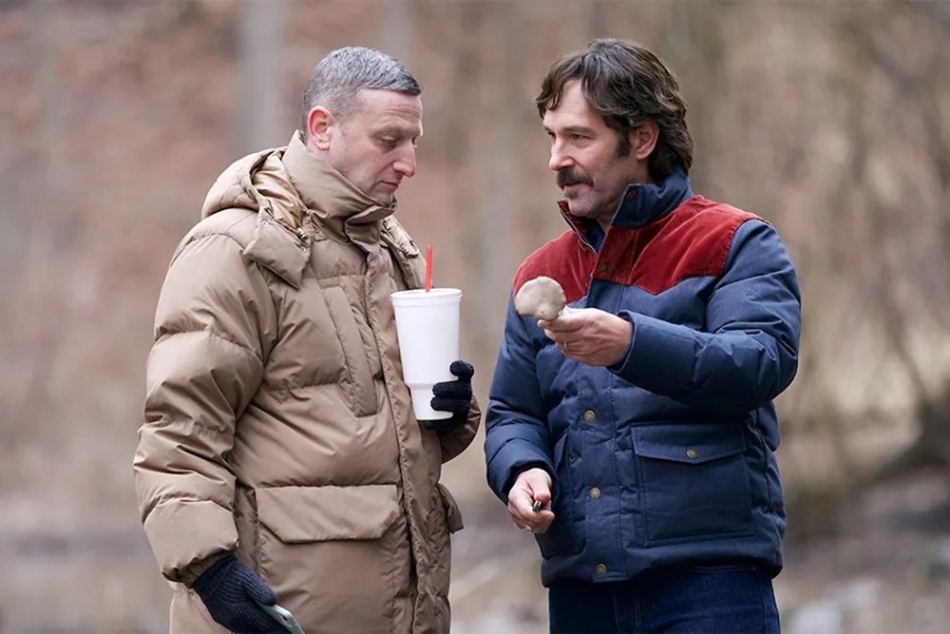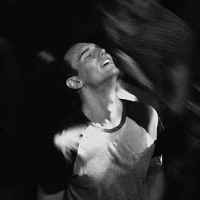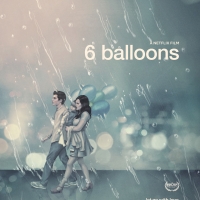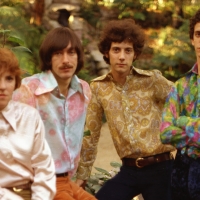A comedic take on the misadventures of male bromance, Andrew DeYoung’s debut feature, Friendship, stars Tim Robinson as Craig Waterman, a corporate office worker selling addictive apps by day and father and husband in a suburban neighborhood by night. Set in his ways, Craig is self-centered, albeit occasionally endearing, and extra awkward and antisocial in his interactions. Upon receiving a package in the mail belonging to his new next door neighbor, Craig is platonically smitten by Austin Carmichael (played by Paul Rudd) and his rugged charm. After playing hooky, going to a dive bar punk show and navigating the sewer system to break into the city hall together, Craig is quick to turn his budding friendship upside down.
After an invitation seemingly posed as an initiation to interact with Austin’s friends, Craig’s self-destructive behavior makes for a wildly uncomfortable evening. Rather than taking the (multiple) hints of their friendship coming to an end, Craig instead inserts himself even more into Austin’s private life; showing up at his work space, delivering more misplaced packages and even breaking into his house and stealing a gun. The situation at home fares no better with his wife Tami (Kate Mara) distancing herself from him after a 12 month cancer-free diagnosis and frequently mentioning her ex-boyfriend. Even his teenage son Steven (Jack Dylan Grazer) saves his personal conversations for quality time with his mother. Craig’s attempts to win over his co-workers by hosting a party in his basement quickly dissipate as the teasing becomes personal and Craig’s emotions overtake his role as a host. For someone just trying to get along, Robinson’s neurotic character just can’t seem to read the room.
The initial differences between the two men getting acquainted are perplexing yet amusing to watch, but once the film slides over into clashing and inappropriate awkwardness, Friendship borders on the realm of directionless. Like Robinson’s I Think You Should Leave series, the film essentially becomes a drawn out comedic sketch, not really knowing when or how to tie up its loose threads. The plot becomes disjointed; at times feeling like it’s a quasi-message on male-friendships and mental health, but never really delving any further or raising questions into these themes. Admittedly I haven’t been a heavy-viewer of Robinson’s other comedy shows, which lead me to further believe that perhaps Friendship is primarily directed for a Robinson cult fan-club only. The film’s bouncing plot from Craig’s burgeoning companionship to stalking behavior and the desperate desire to pay for drugs from the teenager working at the mobile-phone store feels a little too random most of the time. Friendship certainly serves its purpose as entertainment, but is also likely to be forgotten after the credits roll.





